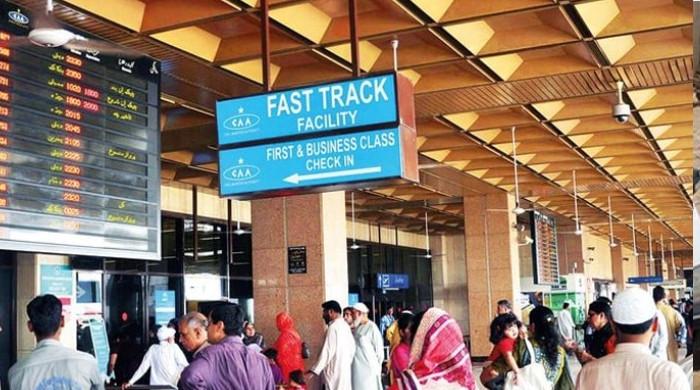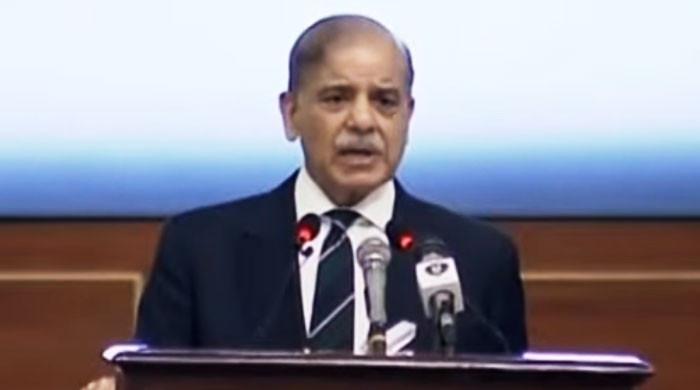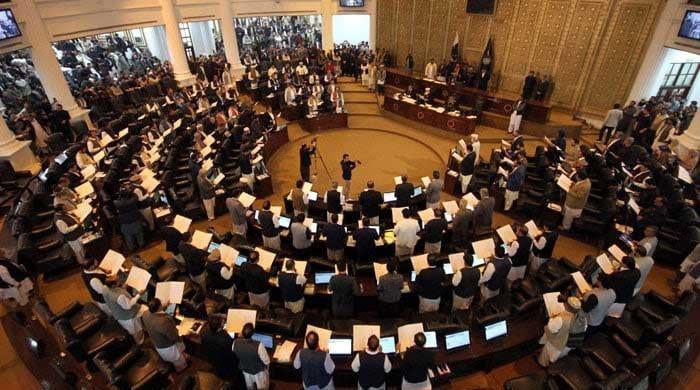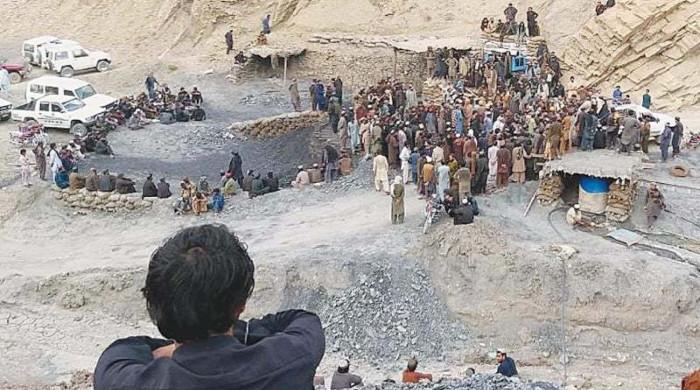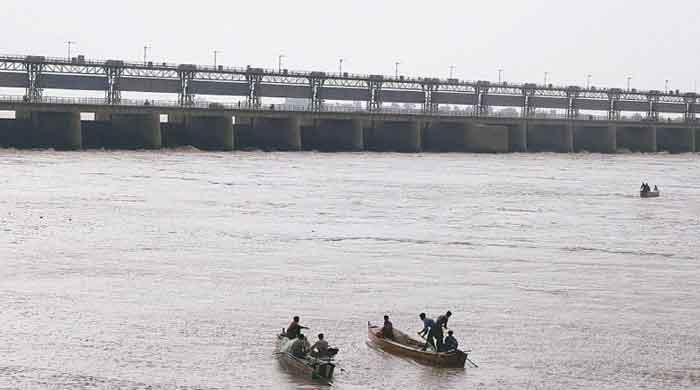Explainer: If the opposition resigns en masse, will that guarantee a fresh election?
PPP, the second-largest political party in the opposition alliance, is not too sure resignations is the way to go
March 18, 2021
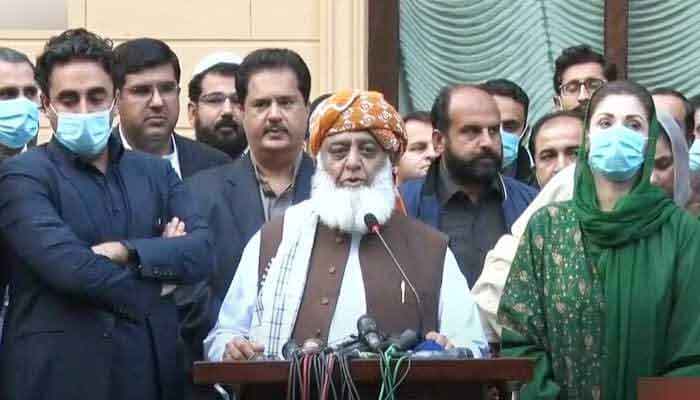
The opposition political parties are divided. On one hand, the Pakistan Muslim League-N and the Jamiat Ulema-e-Islam-F are insisting the parliamentarians on the opposition benches hand in their resignations to call for fresh elections. But the Pakistan People’s Party, the second-largest political party in the opposition alliance, is not too sure resignations is the way to go.
For now, the Pakistan Democratic Movement, the alliance, has given the PPP more time to deliberate on the matter before they sit down again and hammer out an anti-government strategy.
But if all opposition leaders in the national and provincial assembly quit, does that guarantee fresh national polls in the country?
What are the numbers?
There are a total of 1,091 seats in the national assembly and four provincial assemblies in the country.
Here is a break down:
| Assembly | Total Seats |
| National Assembly | 342 |
| Punjab Assembly | 371 |
| Sindh Assembly | 168 |
| Khyber Pakhtunkhwa Assembly | 145 |
| Balochistan Assembly | 65 |
| Total | 1,091 |
Where does the opposition stand?
The opposition parties, who are in the alliance, have a total of 496 lawmakers in the national and provincial assemblies, which means it has 45% of the seats.
Below is a breakdown:
National Assembly
| Party | Total seats |
| Pakistan Muslim League-N | 83 |
| Pakistan People’s Party | 55 |
| Jamiat Ulema-e-Islam-F | 14 |
| Awami National Party | 1 |
| Balochistan National Party | 4 |
Punjab Assembly
| Political Party | Total |
| Pakistan Muslim League-N | 166 |
| Pakistan People’s Party | 7 |
Sindh Assembly
| Political Party | Total |
| Pakistan People’s Party | 99 |
Khyber Pakhtunkhwa Assembly
| Political Party | Total |
| Pakistan People’s Party | 5 |
| Jamiat Ulema-e-Islam-F | 15 |
| Awami National Party | 12 |
| Pakistan Muslim League-N | 7 |
Balochistan Assembly
| Political Party | Total |
| Pakistan Muslim League-N | 1 |
| Pashtunkhwa Milli Awami Party | 1 |
| Balochistan National Party | 10 |
| Jamiat Ulema-e-Islam-F | 12 |
| Awami National Party | 4 |
If 45% of the seats are empty, do the assemblies stand dissolved?
The constitution does not address such a scenario.
Article 58 states that the President shall dissolve the National Assembly if so advised by the Prime Minister “and the National Assembly shall, unless sooner dissolved, stand dissolved at the expiration of forty-eight hours after the Prime Minister has so advised.”
The constitution further adds that the President may also dissolve the National Assembly in his discretion where, in his opinion, a vote of no-confidence having been passed against the Prime Minister and no other member of the National Assembly is likely to command the confidence of the majority of the members.
Or
If a “situation has arisen in which the Government of the Federation cannot be carried on in accordance with the provisions of the Constitution and an appeal to the electorate is necessary.”




